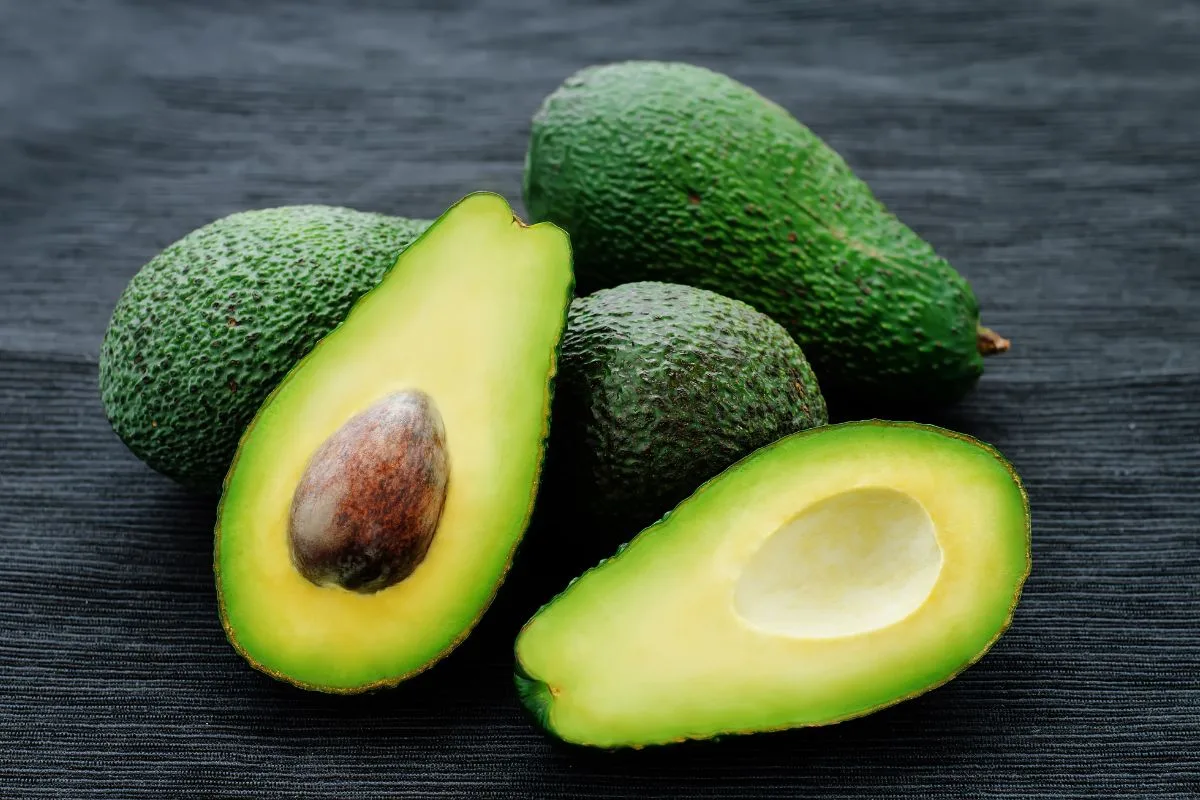Avocado, often hailed as a superfood, has become increasingly popular in the health and wellness community due to its impressive nutritional profile and versatility in culinary applications. This creamy fruit is not only delicious but packed with essential nutrients that contribute to overall health. In this article, we’ll delve into the nutritional content of avocado, exploring its protein, fat, fiber, carbohydrate, and mineral composition. We will also highlight the various health benefits of incorporating avocados into your diet, from supporting heart health to aiding in weight management. Finally, we will discuss important considerations regarding avocado consumption to ensure you maximize its benefits while avoiding any potential pitfalls. Prepare to uncover why this fruit deserves a prominent place on your plate.
Nutritional Information of Avocado
Understanding the nutritional profile of avocado is essential for appreciating its health benefits. Per 100 grams, this fruit contains:
- Protein: 2.95 g
- Total Fat: 13.86 g
- Dietary Fiber: 6.69 g
- Carbohydrates: 1.75 g
- Energy: 604 joules
- Iron: 0.81 mg
- Calcium: 28.48 mg
- Sodium: 2.81 mg
- Potassium: 377 mg
- Zinc: 0.75 mg
Avocados are primarily composed of healthy fats, which make up almost 14 grams per 100 grams. Unlike saturated and trans fats found in many processed foods, the fats in avocados are primarily monounsaturated, particularly oleic acid, known for its heart-healthy properties. The protein content, while modest, contributes to muscle repair and growth, making avocado a great addition to a balanced diet.
Furthermore, the high dietary fiber content—over 6 grams—supports digestive health, promotes satiety, and helps regulate blood sugar levels. In addition, avocados are low in carbohydrates, making them an excellent choice for those on low-carb or keto diets. The presence of essential minerals such as iron, calcium, sodium, potassium, and zinc further enhances their nutritional value, supporting various bodily functions, including oxygen transport, muscle function, and immune response.
Benefits of Including Avocado in Your Diet
Incorporating avocado into your daily routine can provide numerous health benefits, many of which are attributed to its unique nutrient composition. Here are some of the standout benefits:
- Heart Health: The monounsaturated fats present in avocado are known to reduce bad cholesterol levels, thereby lowering the risk of heart disease. Additionally, the presence of potassium helps regulate blood pressure, further contributing to cardiovascular health.
- Weight Management: Despite being calorie-dense, avocados can aid in weight management. Their high fiber content promotes feelings of fullness, reducing the likelihood of overeating. Moreover, their healthy fats slow down digestion, which can help stabilize blood sugar levels and curb hunger.
- Improved Nutrient Absorption: Avocados can enhance the absorption of fat-soluble vitamins such as vitamins A, D, E, and K from other foods. Including avocado in salads or smoothies can significantly increase the nutritional value of your meals.
- Digestive Health: The high fiber content in avocados aids in maintaining gut health by promoting regular bowel movements and supporting beneficial gut bacteria.
- Skin and Hair Benefits: The healthy fats and vitamins in avocados can nourish the skin and hair. They may help keep the skin hydrated and may reduce signs of aging.
Along with these benefits, numerous studies link avocado consumption to reduced inflammation, improved metabolic health, and enhanced cognitive function, underscoring its role as a powerful food for overall wellness.
Things to Keep in Mind for Consumption
While avocados are a highly nutritious food, it’s essential to consume them mindfully. Here are some crucial points to consider:
- Caloric Density: Avocados are relatively high in calories due to their fat content. It’s vital to account for these calories within your overall dietary intake, especially if you are watching your weight.
- Allergies and Sensitivities: Some individuals may experience allergic reactions to avocados, particularly those with latex allergies. It’s important to be aware of any adverse reactions and consult a healthcare provider if necessary.
- Portion Control: While they are healthy, portion control is key. A serving of avocado is generally considered to be around one-third to one-half of an avocado, depending on dietary needs and preferences.
- Ripeness and Storage: Proper storage of avocados is crucial to prevent spoilage. They should be stored at room temperature until ripe, then moved to the refrigerator to extend freshness. Try and consume them within a few days of ripening for the best taste and texture.
- Balance with Other Foods: To maximize the health benefits, pair avocados with a variety of other nutrient-dense foods, such as leafy greens, whole grains, and lean proteins. This approach ensures a balanced diet rich in diverse nutrients.
Concluding Thoughts
Avocados are a remarkable addition to any diet, offering numerous nutritional benefits and health-promoting properties. Their rich composition of healthy fats, fiber, and essential vitamins makes them not only a delicious option but also a versatile ally in promoting heart health, supporting weight management, and bolstering nutrient absorption. Being mindful of caloric intake and practicing portion control will help you integrate avocados into a balanced diet effectively. As with any food, moderation and overall dietary context play significant roles in achieving optimal health benefits. Remember, while this guide provides valuable insights into enjoying avocados, personalizing your approach to nutrition is vital for achieving your health goals.
Axis Diet is dedicated to empowering individuals with knowledge and practical advice for healthier living. Our articles, grounded in research and expert insights, aim to simplify complex nutritional concepts, offering a comprehensive understanding of various aspects of diet and wellness. While these articles are informative and a great starting point for anyone looking to improve their health, they are for informational purposes only. For personalized, professional guidance tailored to your unique health needs, we encourage you to consult with Axis Diet’s registered dietitians. Reach out to us for expert personalized guidance on your nutritional journey.






[…] function, and provide a concentrated source of energy. Healthy fats, such as those from olive oil, avocados, nuts, and fatty fish, are important for reducing inflammation and maintaining overall […]
[…] pasta, rice, and most sweet treats. On the other hand, fats are found in foods like oils, butter, avocados, nuts, and […]